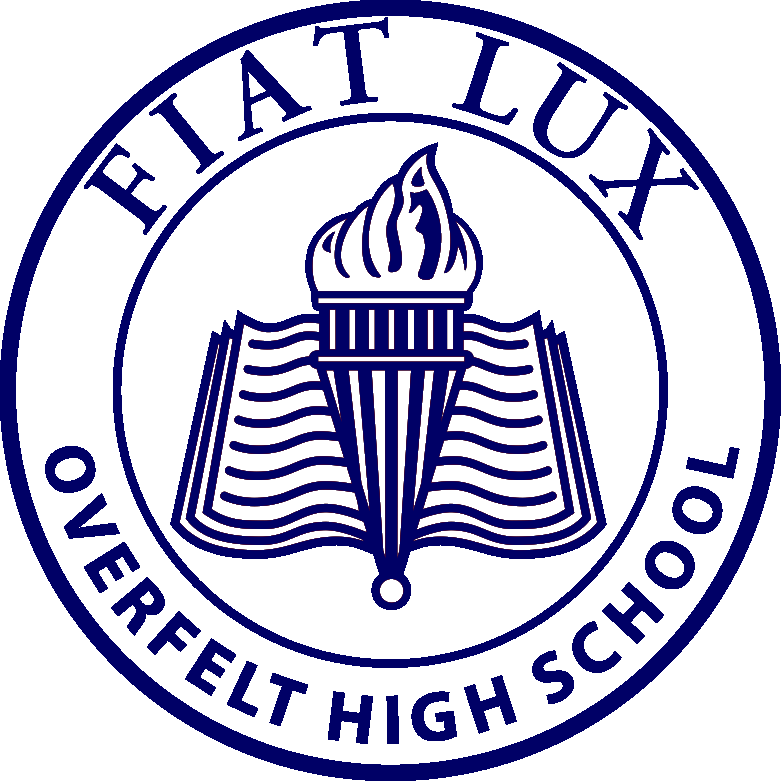The Enlightenment
The Elite Culture of the Enlightenment
- • During the Enlightenment, many new forms of elite culture developed. These developments had hardly any effect on the majority of the people, but the elite culture, united by French as a common language, bound together into a cosmopolitan world.
- • First of all, the elite began to travel around Europe. They looked at the cultural centers and cities, as well as the ancient monuments of antiquity. Cities were being spruced up during this time with the additions of amenities (like streetlights and public transportation) and two important new ideas, coffeehouses (where people could eat and talk) and shop windows (sparked commerce).
- • A so-called republic of letters began to develop (popularized by Pierre Bayle, who like religious toleration), in which journals and newspapers circulated among the elite. Though the republic was limited to the educated, all classes and backgrounds could join in. The elite also met in salons (philosophical party houses of the elite, very snobby and stylish) and academies both of which helped spread ideas and unite people. There, people could dispute their ideas and come up with new ones.
- • Also, during this time, publishing increased tremendously and people began to read more. Traveling libraries were developed, as were journals and, most importantly, newspapers. There were new employment opportunities in bookselling and publishing, as well as the smuggling of so-called bad books, which ranged from Voltaire to pornography (i.e. anything that was banned).
Art, Literature, and Music
Art of the Enlightenment,
The art of the Enlightenment consisted of two competing styles, Rococo and Neoclassicism. Rococo was the art of the nobility, meaningless, without content, but very pretty, using bright, swirling colors, like “Rubenism.” Famous Rococo painters were François Boucher and Jean-Honoré Fragonard. Neoclassicism, on the other hand, favored line over color, and was all about drama, tension, emotion, content, and an imitation ancient style. The philosophes loved the Neoclassical, for they favored themes that the philosophes liked. Famous painter was Jacques Louis David.
Literature of the Enlightenment
This is where the modern novel was first developed, by Samuel Richardson and Henry Fielding, both in England. The novel emerged as a new form of writing in which a story was told and characters were presented in a realistic social context filled with everyday problems. Another writer was Fanny Burney. Satire was also perfected during the Enlightenment, by brilliant writers like Jonathan Swift, and, naturally, good ol’ Voltaire. Also, during this time, romantic poetry was born. Before, poetry followed strict rules and was not very emotional or anything, but in the Enlightenment writers like William Wordsworth and Friedrich von Schiller made it all mushy. Poetry came to be a signature part of the new style, Romanticism. Johann von Goethe was a romantic poet who came to embody the entire period and whose masterpiece was called Faust.
Music of the Enlightenment
Music really changed, and the symphony developed into what it is today. Pretty much, this was the work of Beethoven, Mozart and Haydn. After them, music also became much more passionate and was full of expression and emotion.
Popular Culture during the Enlightenment
- • Popular culture was pretty much totally separate from the elite culture, and was not really that affected by it at all. At this level culture was still public recreation and oral tradition.
- • There was, however, some popular literature meant to be read aloud in the community. This consisted of religious material, almanacs, and literature for fun (stories). Mainly, popular writing actually fostered submissiveness, not rebellion, for it had a fatalistic acceptance of the status quo.
- • But the most important part of popular culture was the oral tradition, which consisted of the folktales and songs passed from generation to generation. These tales expressed the hardships and goals of the time, with themes like struggles to survive and magical happenings.
- • Though literacy rose a little, in rural areas it was still very low. Education was scarce, for few parents could allow their children to go to school while they were needed in the fields. Many of the elites, like Voltaire, did not believe that the masses should be educated, but even when the government tried to encourage education (Prussia, Austria) it did not really have a big result. Anyway, even when they went to school, the goals of elementary schooling were simply to instill religion and morality, show the value of hard work, and promote deference to superiors, not really to learn anything.
- • Lastly, popular culture included festivals and taverns (the salons for normal people) where common people could enjoy themselves and relax. Sports also became important during this time, and people began to attend sporting events more.

